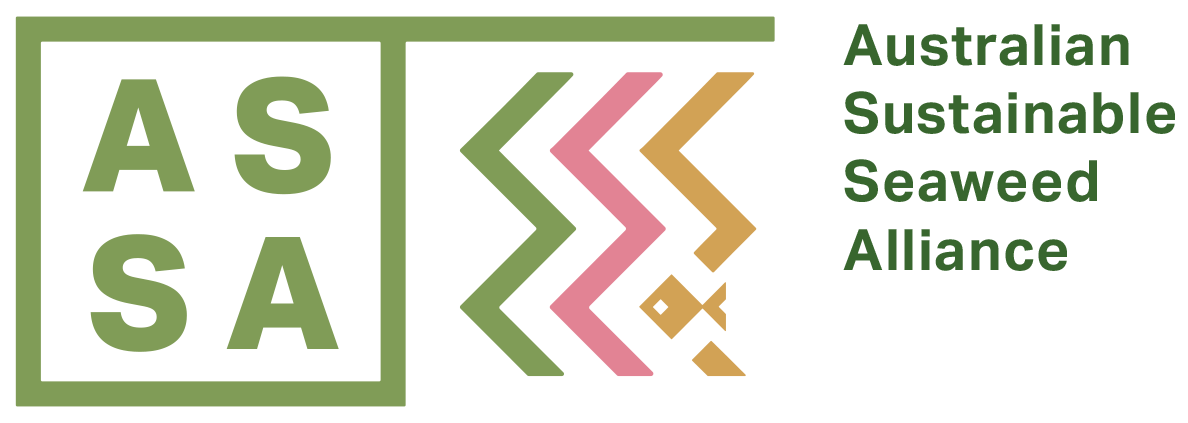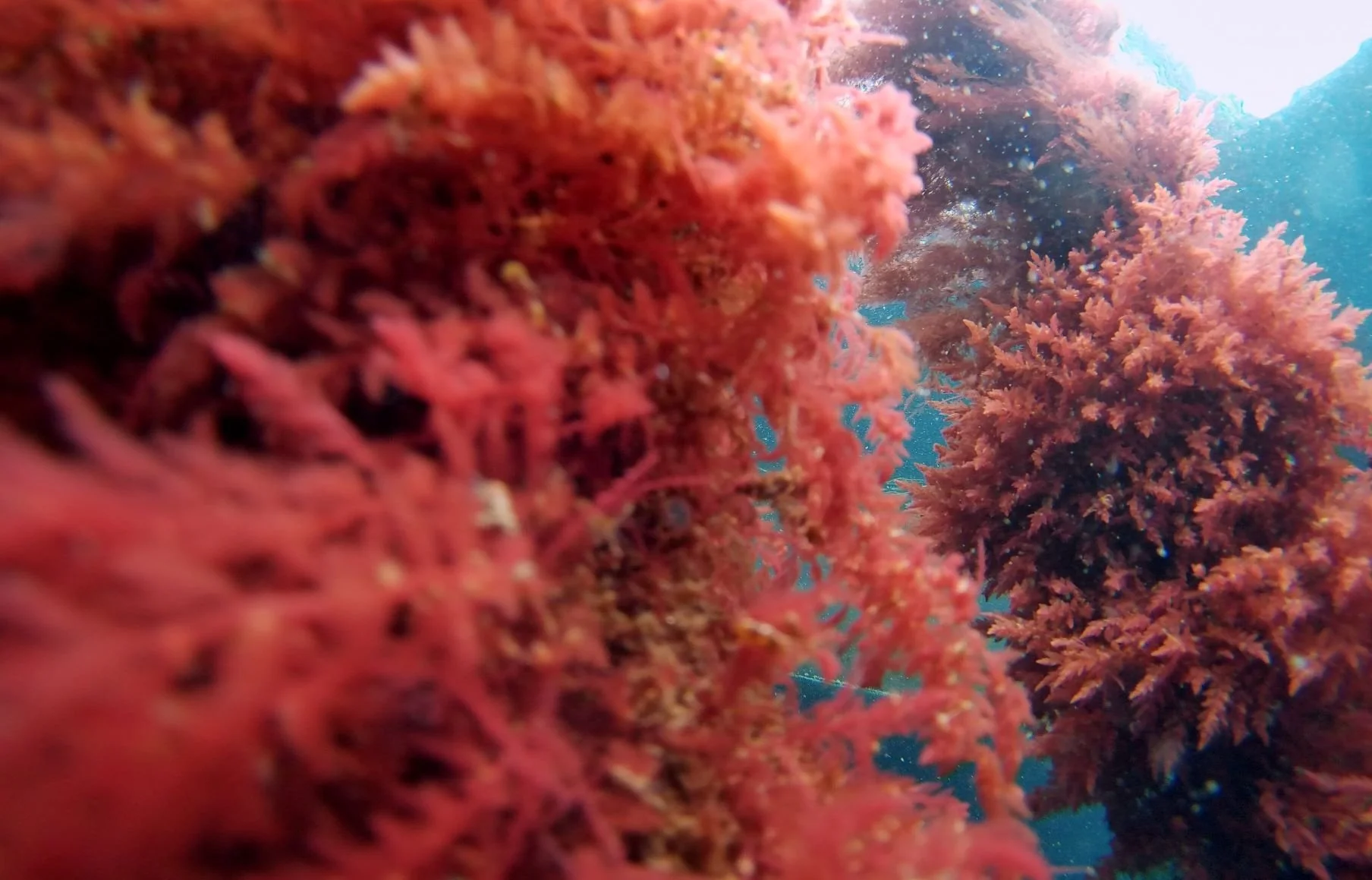Scaling up marine production
After more than two years of research and development learning to control the lifecycle, propagate and grow Asparagopsis, Sea Forest has spent the past year developing and scaling up production of its 1800 hectare marine lease at Triabunna, on the southeast coast of Tasmania.
The company has invested more than $20 million in developing infrastructure for the lease as it gears up for commercial production of stockfeed supplements to help reduce methane emissions from ruminant livestock.
The Triabunna site, previously operated by mussel farmer Spring Bay Seafoods, includes hatchery facilities modified for the propagation of seaweed rather than mussels is now taking place.
“The past year was really about demonstrating propagation methodologies at scale in terms of our ability to grow the seaweed,” says CEO Sam Elsom.
“And we spent the first part of 2021 establishing the farm and then we had to grow the seaweed on the lease. Some of the challenges are the same that would be affecting lots of industries around –delays in supply, and staff shortages through COVID.”
Despite this, the Sea Forest team has grown rapidly since starting with just three people in 2018, and now has 46 staff as the business launches commercial-scale production.
Its product development has included trials with local dairy farmers who feed their cows Asparagopsis supplements and supply their milk to the New Zealand-based dairy corporation Fonterra.
“Fonterra is actually aggregating that milk into their supply chain,” says Elsom. “That's decarbonised milk; they're just not calling it that at this stage. But we're really happy and pleased by both the support and the relationship that we're developing with Fonterra and its dairy farmers.”
Working with the dairy industry is an important focus of ongoing research for Sea Forest, and this includes a collaboration with Agriculture Victoria’s Ellinbank Dairy Research Centre which aims to develop the world’s first carbon-neutral dairy farm.
Sea Forest also has research trials underway with beef and sheep meat producers, and the company’s first major commercial supply contract is expected to be finalised with a NSW feedlot this year.
Elsom says there is no official mechanism in Australia such as carbon credits or tax penalties that other countries are developing to drive the adoption of technologies to reduce greenhouse gas emissions. And while Sea Forest has been supplying individual farmers wanting to do trials with its product, there is no incentive for more widespread uptake.
“I think one of the key challenges is just getting farmers to use the product at scale. So we must be looking for the most commercially viable solution and that includes processing methodologies.”
Since 2020 Sea Forest has used a canola oil process to extract and deliver the Asparagopisis bioactives. Elsom says it has resulted in a cheaper process than freeze drying for Sea Forest, with a more stable product that has a longer shelf life.
Community engagement has also been an important part of the company's activities during the past year, including open days at the farm. “We're trying to keep the community informed about what we’re doing. And certainly, from a regulatory standpoint, we have a positive relationship with the Tasmanian Department of Natural Resources and Environment.
“It's important with any new industry to first understand the impacts, and we’re treated on the same level as other aquaculture industries in Tasmania. Once the department reaches a certain level of comfort around our impacts it may consider adjusting the regulatory requirements. We're doing something new and there's no handbook on how to govern it. That's being developed as we go along.”
Reflecting the success of Sea Forest’s pioneering work in developing Asparagposis farming, it claimed two major national awards this year, winning both the Innovation and Sustainability categories of the 2022 Telstra Best of Business Awards.

